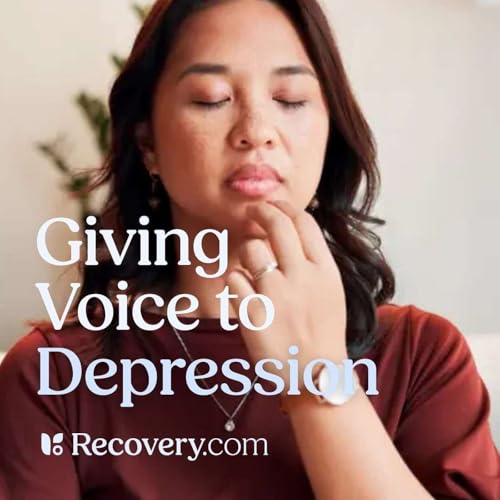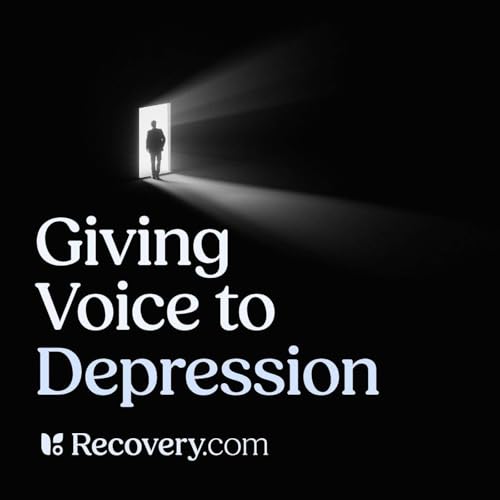In this deeply moving episode of Giving Voice to Depression, Cara from Belfast, Northern Ireland, opens up about her journey through years of darkness — from living with untreated depression as a teen to finally finding validation, healing, and light through therapy.
Cara describes depression not as constant sadness but as a suffocating grayness — a loss of color, motivation, and meaning. After multiple suicide attempts and years of feeling numb, she reached a breaking point in 2021 and took one small but life-saving step: emailing a local counselor.
Therapy helped Cara recognize the impact of her childhood trauma and validate her pain for the first time. While progress wasn’t linear, she learned to celebrate small wins — sitting up in bed, taking a shower, or savoring a coffee — and to document her “happy days” as proof that joy returns.
Co-hosts Terry McGuire and Dr. Anita Sanz unpack Cara’s insights about resilience, the importance of reframing thoughts, and the courage it takes to hold on when life feels unbearable.
This episode is for anyone who feels like depression will never end — and a reminder that even the smallest flicker of light can guide you through the darkest night.
Primary Topics Covered:
- The emotional reality of depression: numbness, sadness, and emptiness
- Recognizing depression as a legitimate illness, not a weakness
- The role of therapy in naming and healing trauma
- How validation can transform self-perception
- Reaching out for help during a suicidal crisis
- The non-linear path of depression recovery
- Finding gratitude and meaning after trauma
- The power of peer support and shared understanding
- Journaling and photography as tools for emotional resilience
- Building hope through small daily acts and self-compassion
Timestamps:
00:00 – Introduction: Why real stories of depression matter
01:25 – Meet Cara: Finding euphoria after surviving darkness
02:36 – Describing depression as grayness, emptiness, and numbness
04:30 – Understanding depression as an illness, not a character flaw
05:06 – Early signs of depression during teenage years
06:31 – The turning point: Recognizing trauma and seeking therapy
07:18 – The healing mess: unpacking pain in therapy
09:04 – Validating trauma and learning self-compassion
09:37 – The night Cara reached out for help
11:52 – Taking the first small step: emailing a therapist
12:26 – How therapy revealed the ups and downs of recovery
13:32 – Flashes of light: noticing small moments of peace
14:21 – Finding happiness in small things — a hug, coffee, or sunshine
15:14 – Journaling and documenting “happy days” as proof of hope
16:17 – Holding on one day at a time
18:19 – Insights on depression, patience, and perspective
20:31 – How reframing thoughts helps shift hopelessness
22:06 – Final reflections: You deserve to live and to be happy
Explore mental health and addiction treatment options at recovery.com
Facebook Community: https://www.facebook.com/GivingVoiceToDepression/
Terry's LinkedIn: https://www.linkedin.com/in/givingvoicetodepression/
 Dec 30 202520 m
Dec 30 202520 m 8 m
8 m Dec 16 202519 m
Dec 16 202519 m 21 m
21 m Dec 2 202519 m
Dec 2 202519 m Nov 25 202528 m
Nov 25 202528 m Nov 18 202527 m
Nov 18 202527 m 23 m
23 m
